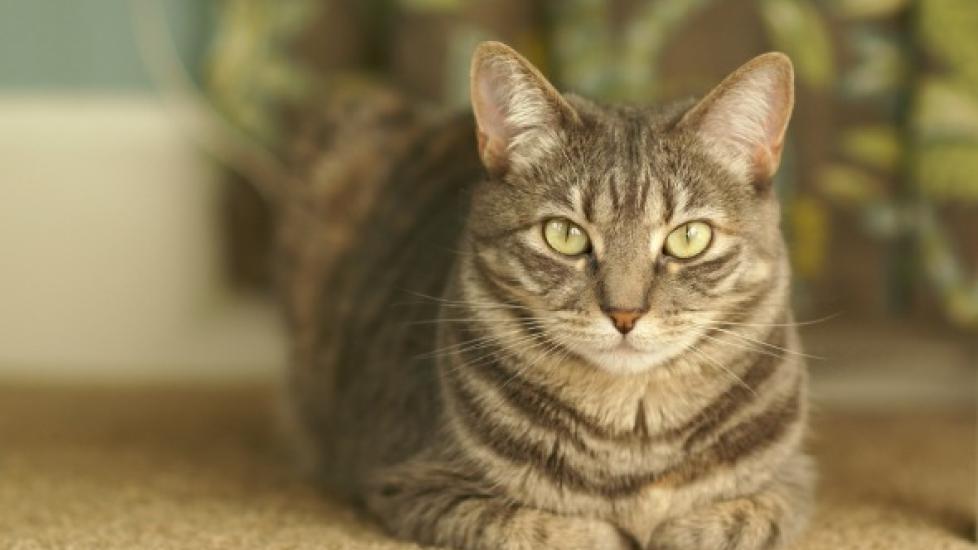Parasitic Blood Infection (Haemobartonellosis) in Cats
Hemotrophic Mycoplasmosis (Haemobartonellosis) in Cats
The mycoplasma bacteria are the most common cause of urinary tract infections and pneumonia. They are a class of bacterial parasite belonging to the order of Mollicutes. These parasites lack true cell walls and are able to survive without oxygen, making them resistant to antibiotics and therefore a greater challenge to detect and treat.
Hemotrophic mycoplasmosis is an infection of the red blood cells by mycoplasma. It can be either M. haemofelis, the most severe form that affects cats, or M. haemominutum, the less severe form. This disease may also be referred to as haemobartonellosis, or feline infectious anemia, though hemotrophic mycoplasmos is the preferred medical term. While some cats will show no symptoms of infection, others may show minor symptoms of anemia, and still others may lose all of their energy and die.
Symptoms and Types
- 50 percent of those infected will have sudden onset of fever
- Depression
- Weakness
- Lack of appetite
- Whitish to pale purple gums
- Enlarged spleen (splenomegaly)
- Icterus (jaundice)
Causes
The mycoplasma bacteria is transmitted mainly by ticks and fleas that have fed off of other infected animals. It is also spread to kittens through an infected queen (mother); from fighting between animals (body fluid exchange); and rarely, from blood transfusion - where infected blood from one animal is transfused to an uninfected animal.
Mycoplasma haemofelis (previously classified as the large form of Haemobartonella felis) and M. haemominutum (previously classified as the small form of H. felis) are the two types of mollicutes that cause this condition.
Diagnosis
Your veterinarian will perform a thorough physical exam on your cat, taking into account the background history of symptoms and possible incidents that might have precipitated this condition. You will need to give a thorough history of your cat's health and recent activities. A complete blood chemical profile will be conducted, including a chemical blood profile, a complete blood count, a urinalysis, and a blood smear. The blood smear will be stained to identify the mycoplasmas in the blood. A polymerase chain reaction (PCR) test, or a Coombs’ test, may also be used by your veterinarian to positively identify the presence of mycoplasmas.
Treatment
If this disease is caught early, your cat will more than likely be treated with antibiotics and sent home. Your veterinarian will prescribe either a standard course, or a long course of antibiotics for your cat, depending on the severity of the infection. If anemia is also present you may need to go with a course of steroid therapy. In most cases, only severely anemic, or very ill and listless cats will be hospitalized. Fluid therapy, and possibly even blood transfusions, will be necessary to stabilize your cat if the condition has progressed to a severe stage. Left untreated, this disease can have fatal results – 30 percent of cats with the M. haemofelis infection will die due to complications of infection.
Living and Management
Your cat will need to be checked by your veterinarian for progress within a week of treatment, when a red blood cell count will be performed to examine for mycoplasma levels. An infected cat can remain a carrier of the disease even after complete recovery, and while the recovered cat may infect other cats, a recovered cat will only seldom have a relapse of the disease. If you have other cats in the home, you will need to monitor them for possible symptoms and act quickly if they do appear.
The condition or disease described in this article can affect both dogs and cats (though it is not communicable between the two species). If you would like to learn more about how this disease affects dogs, please visit this page in the PetMD Pet Health Library.
Help us make PetMD better
Was this article helpful?
